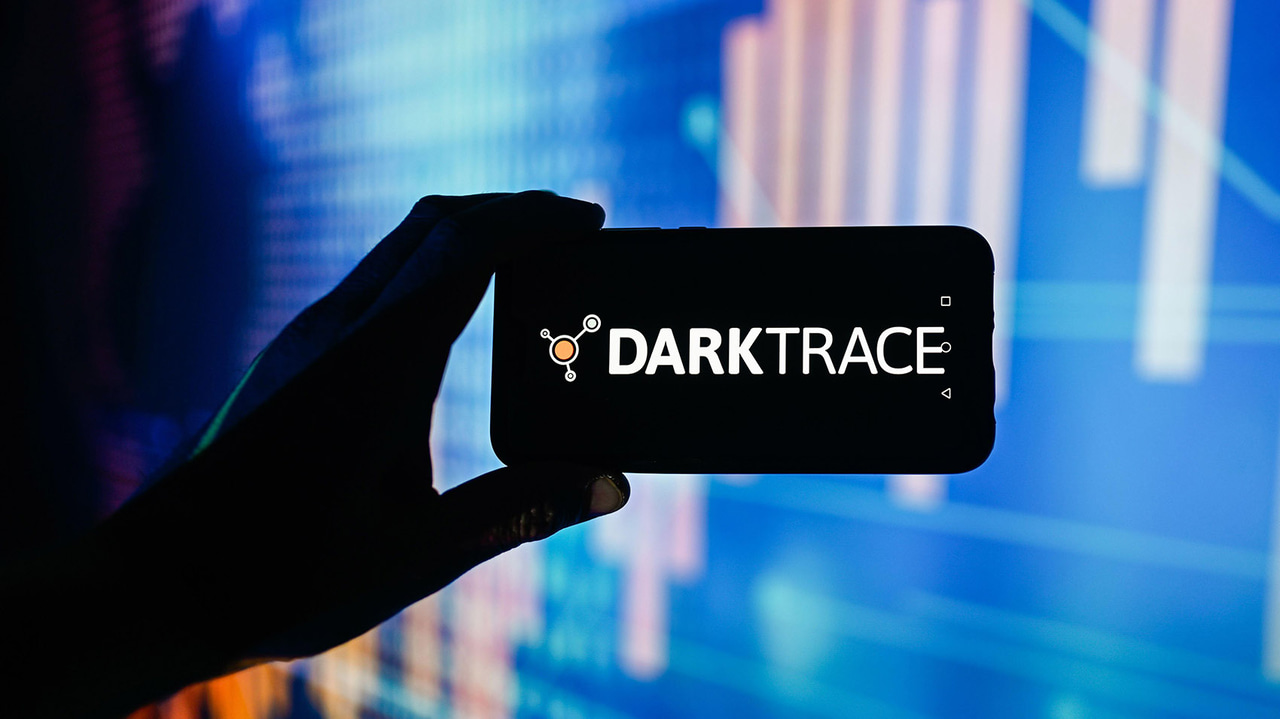Thoma Bravo’s $5B Darktrace Bet Highlights Cyber’s AI Excitement
Darktrace, the United Kingdom-based cybersecurity powerhouse -- with a client list that includes the city of Las Vegas and Airbus -- had refused earlier an Thoma Bravo bid.

Cybersecurity giant Darktrace, a UK firm specializing in AI-enabled threat detection, accepted a $5.32 billion bid by US private equity powerhouse Thoma Brava that would take the firm private.
Darktrace Chair Gordon Hurst in a statement suggested that Thoma Bravo’s most recent bid was too sweet to pass up. “The proposed offer represents an attractive premium and an opportunity for shareholders to receive the certainty of a cash consideration at a fair value for their shares,” he said. “The proposed acquisition will provide Darktrace access to a strong financial partner in Thoma Bravo, with deep software sector expertise.”
This is not Thoma Bravo’s first dip into the UK’s cybersecurity pool. In 2020, the firm acquired anti-virus software maker Sophos for $3.9 billion. Before the acquisition, the firm said its cybersecurity portfolio, which includes high-profile companies such as Barracuda, McAfee, ConnectWise, and many more, had reached $45 billion. Darktrace boasts a global client base of more than 9,400.
“Darktrace is at the very cutting edge of cybersecurity technology, and we have long been admirers of its platform and capability in artificial intelligence,” Thoma Bravo partner Andrew Almeida said in a statement. “The pace of innovation in cybersecurity is accelerating in response to cyber threats that are simultaneously complex, global and sophisticated.”
Thoma Bravo’s offer represented a premium of 20% over Darktrace’s closing share price last week. That gap narrowed as Darktrace shares jumped with the acquisition news. Shares in the company, which was founded in 2013, doubled over the last year and were trading at $7.58 Monday afternoon.
Cybersecurity’s AI Attraction
“In terms of artificial intelligence and deep learning, Darktrace was one of the earlier companies to make a dedicated play in that area,” Chris Pierson, CEO of executive cybersecurity firm BlackCloak, tells InformationWeek in an interview. “They did a really good job of solidifying their hold on that market. So, that becomes interesting to Thoma Bravo, not just because of what Darktrace is doing, but how Thoma Bravo can use their current business relationships and existing portfolio to offer complimentary technology into sales cycles. It can use the current portfolio to allow Darktrace to penetrate further and take market share.”
IT leaders could see changes -- for the better and possibly for the worse -- as cybersecurity companies consolidate. “There’s an advantage in terms of how it will increase the resources to enhance technology and allow for greater integration in products and services,” Pierson says. “A possible negative is that as a result, there could be higher fees and make it harder to remove tech going forward.”
Andy Watkin-Child, a founding partner at UK-based cybersecurity and risk management firm Parava, in a LinkedIn post, said the Thoma Bravo likely sees an opportunity to upsell an undervalued company. “One suspects … [Thoma Bravo] sees opportunities to develop the brand and products. The undervalued brand, with a little TLC, prove an opportunity to upsell the product to a trade buyer.”
Darktrace has not been without troubles. The company in January 2023 was the subject of a short-selling campaign, with a report from asset management firm Quintessential Capital Management accusing the company of artificially inflating customer and sales numbers. A subsequent third-party review from Ernst & Young of the matter found just “a small number of errors and inconsistencies” but nothing “material” to the company’s financial statements. EY’s review sent Darktrace’s stock soaring 26% after publication.
The Thoma Bravo deal is subject to 75% shareholder approval, but the companies hope to complete the transaction by the end of the year.
“Darktrace will get a good partner in Thoma Bravo,” BlackCloak’s Pierson says. “I think you’re going to see a lot more consolidation in this market in the future.”
About the Author
You May Also Like






